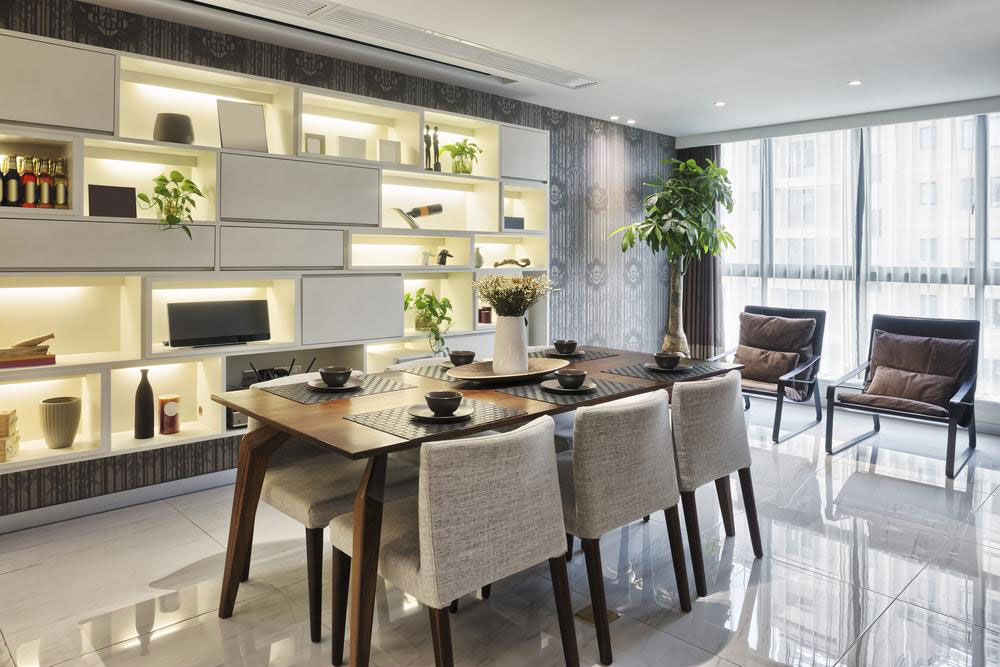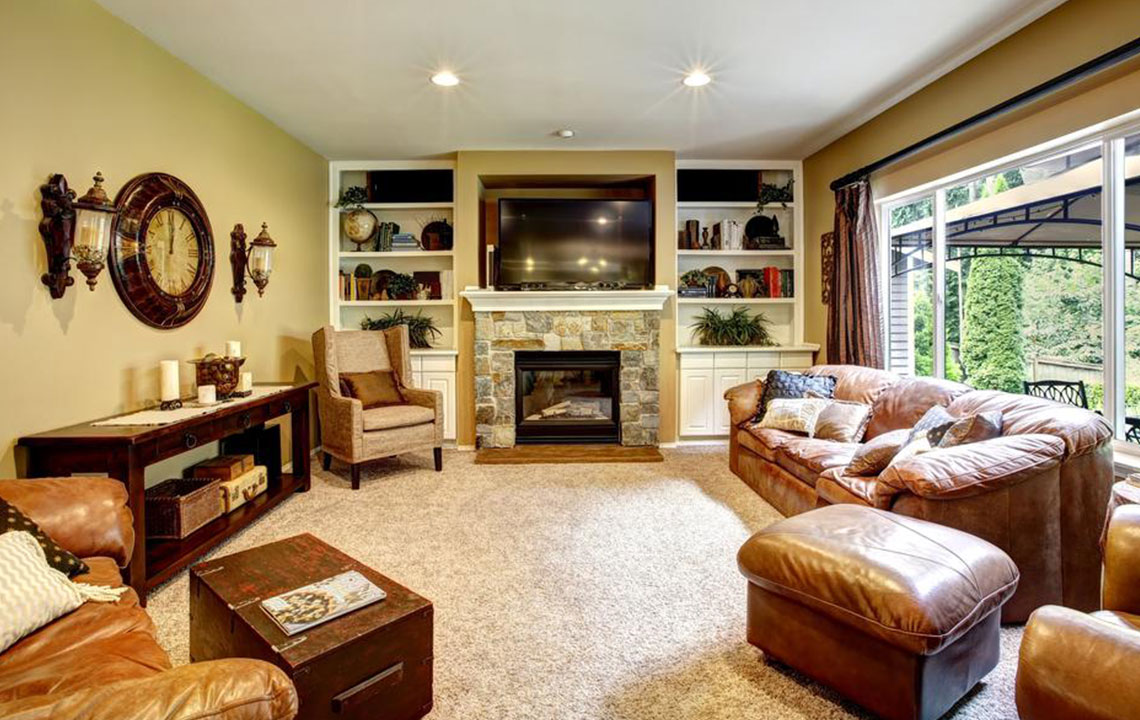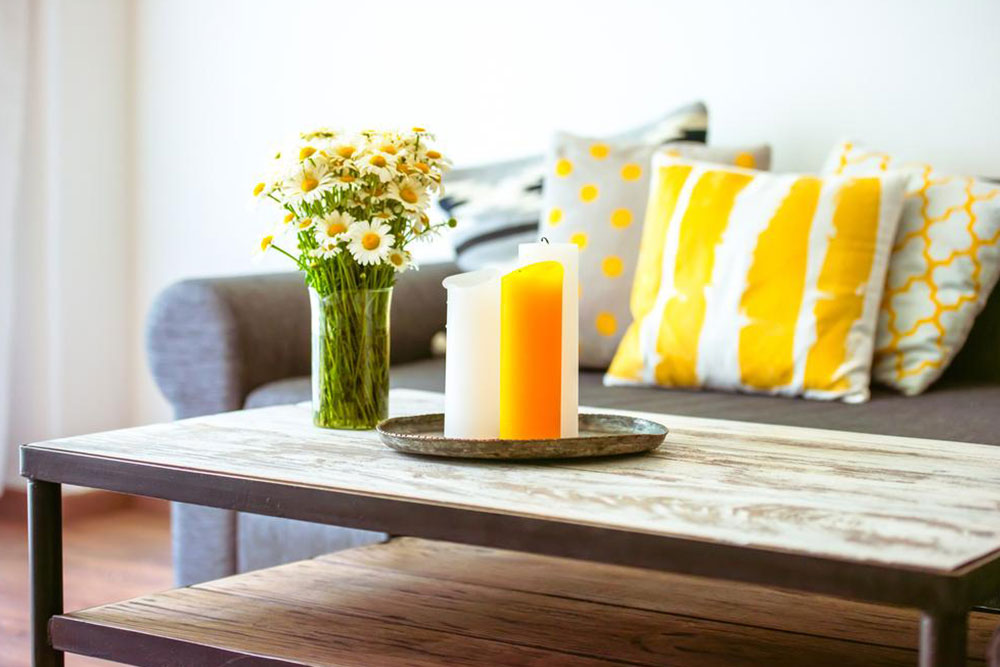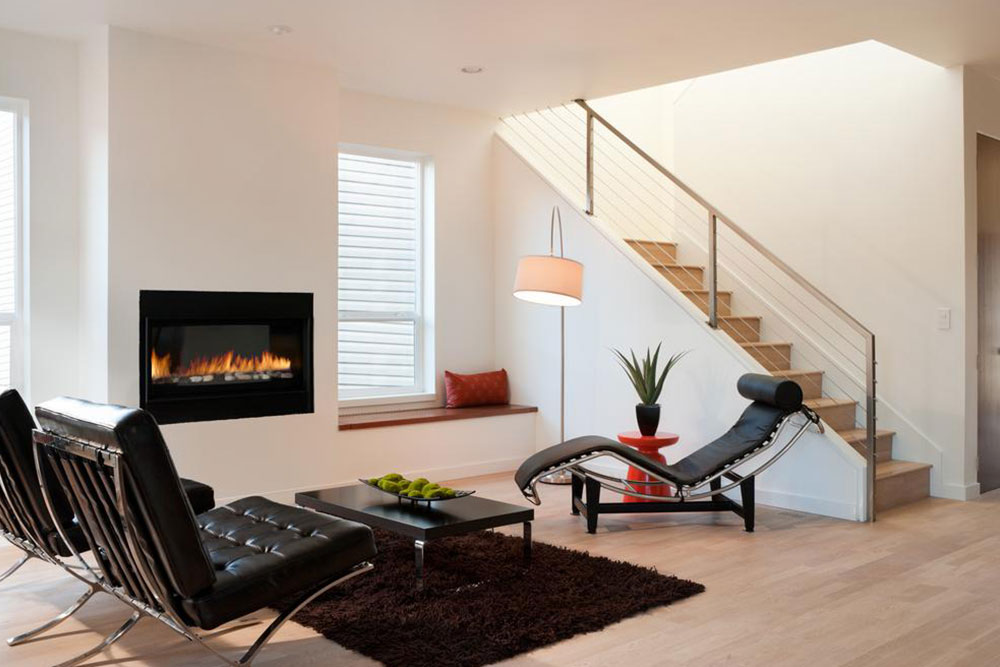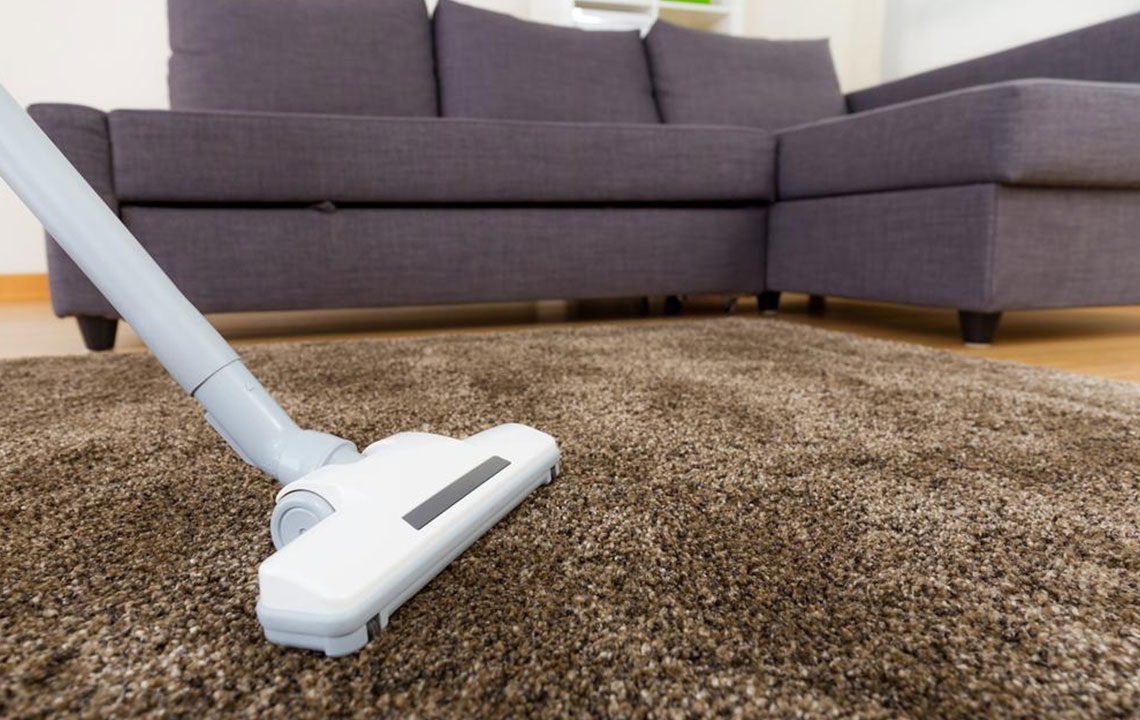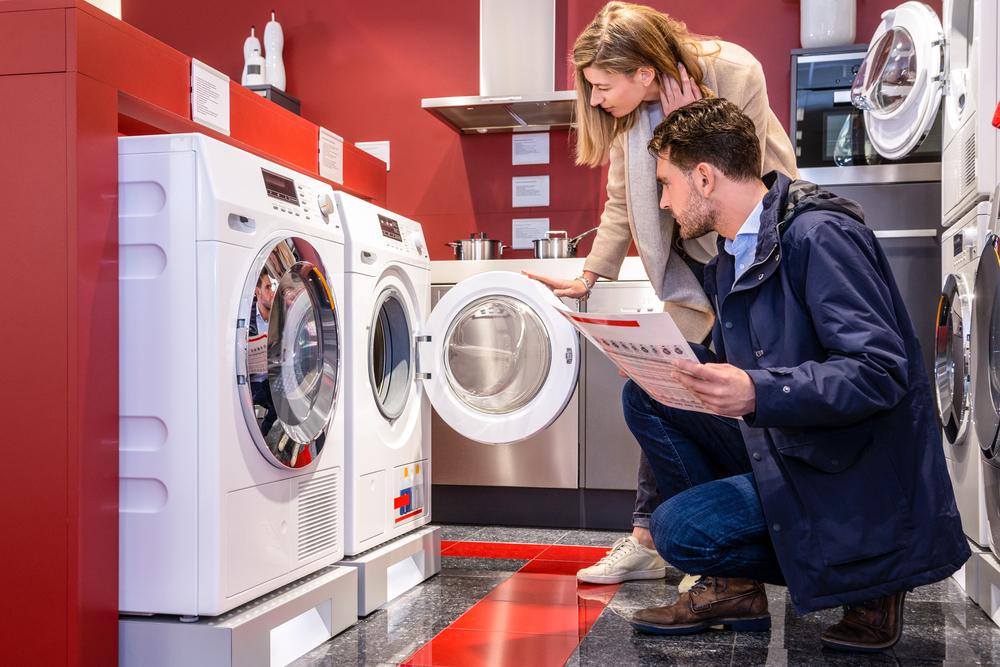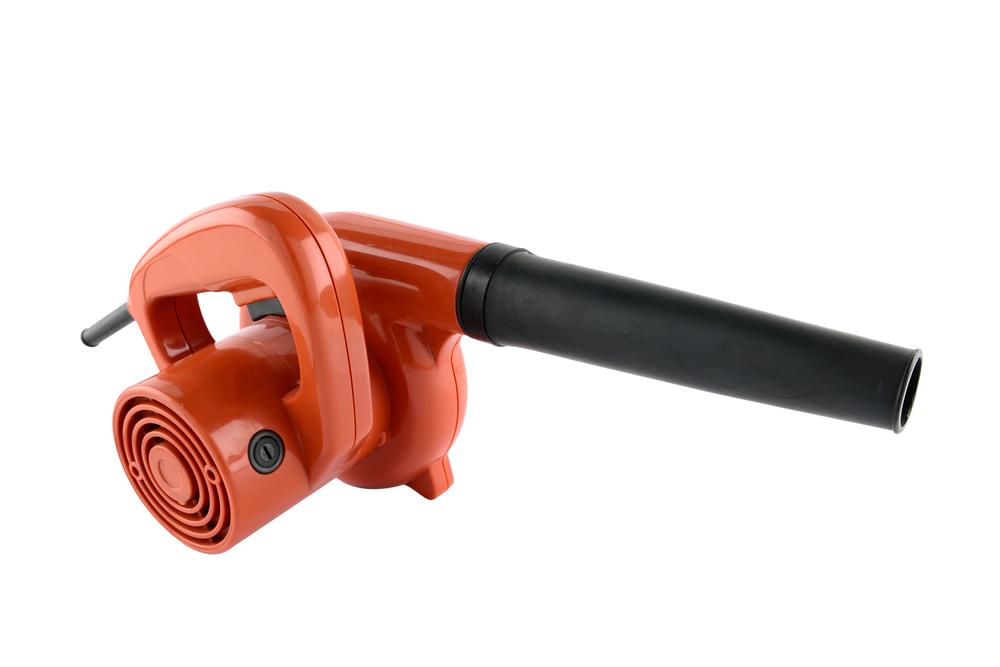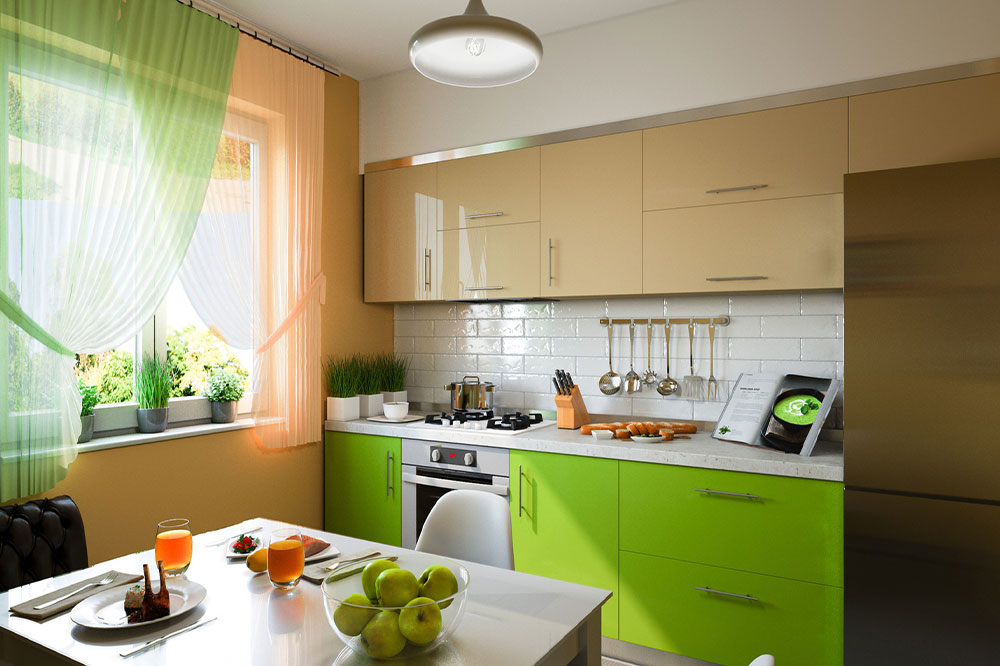Indoor Gardening Tips When Outdoors Is Not an Option
Discover practical tips for indoor gardening when outdoor space isn't available. Learn about essential lighting, plant support, and the best vegetables and herbs to cultivate inside your home. Enhance your living space with beautiful, air-purifying plants while enjoying fresh produce year-round.
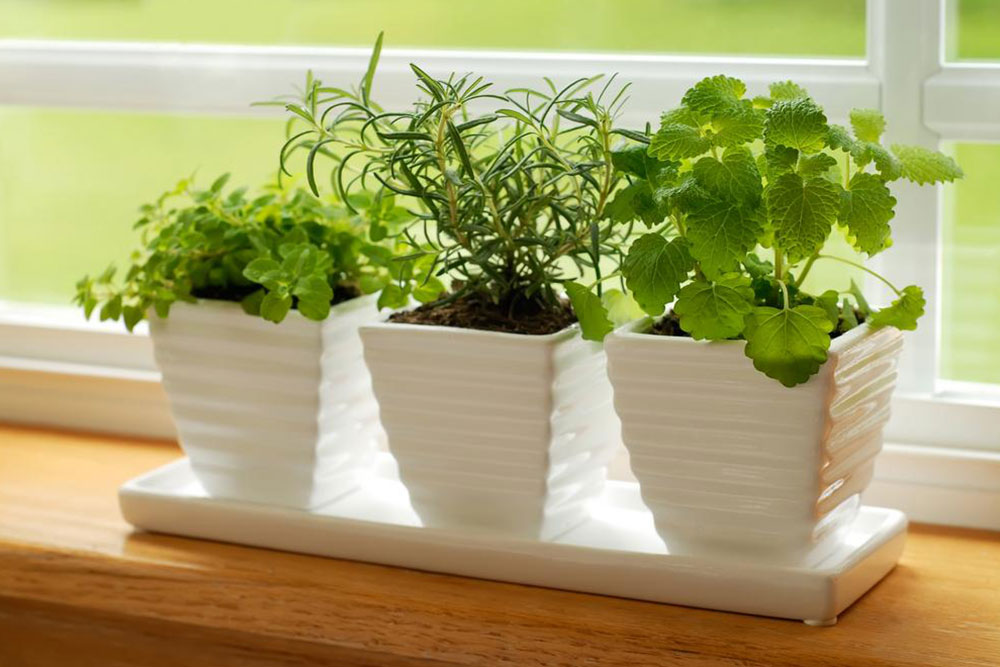
Indoor Gardening Tips When Outdoors Is Not an Option
Cultivating a garden inside your home can be a rewarding experience. Indoor plants boost mood, improve health, and transform your living space into a lush oasis. They teach us patience, love, and care, enriching our understanding of nature and life.
If outdoor space isn't available, indoor gardening is an excellent solution. Modern tools and technology now make it easier to grow vegetables and herbs inside. With proper knowledge, you can successfully cultivate your favorite produce indoors.
Some top vegetables suitable for indoor growth include:
Arugula
Broccoli
Brussels sprouts
Cabbage
Cauliflower
Spinach
Kale
Ideal indoor plants to grow indoors are:
Basil
Catnip
Chamomile
Chives
Cilantro
Cumin
Mint
Rosemary
Lighting is crucial for indoor gardening. Some plants thrive without direct sunlight, while others require ample light. Indoor grow lights, available in various types, provide the necessary illumination. Investing in appropriate lighting enhances plant growth and adds to your home decor.
Incandescent
Fluorescent
HID (High-intensity discharge)
LED
Certain plants like tomatoes, cucumbers, peas, and grapes need support structures to grow healthily. Support cages can be purchased or DIYed using online tutorials to prevent deformation and promote healthy growth.
Indoor plants also enhance interior aesthetics and purify the air. Popular air-purifying plants such as pothos, snake plant, monstera, and peace lily not only beautify your home but also improve air quality. Many plants absorb harmful toxins and regulate humidity, making your home more comfortable.
However, some attractive indoor plants, like certain bonsais and ferns, can be toxic if ingested, especially around pets. Always research and ensure the safety of your indoor greenery.

